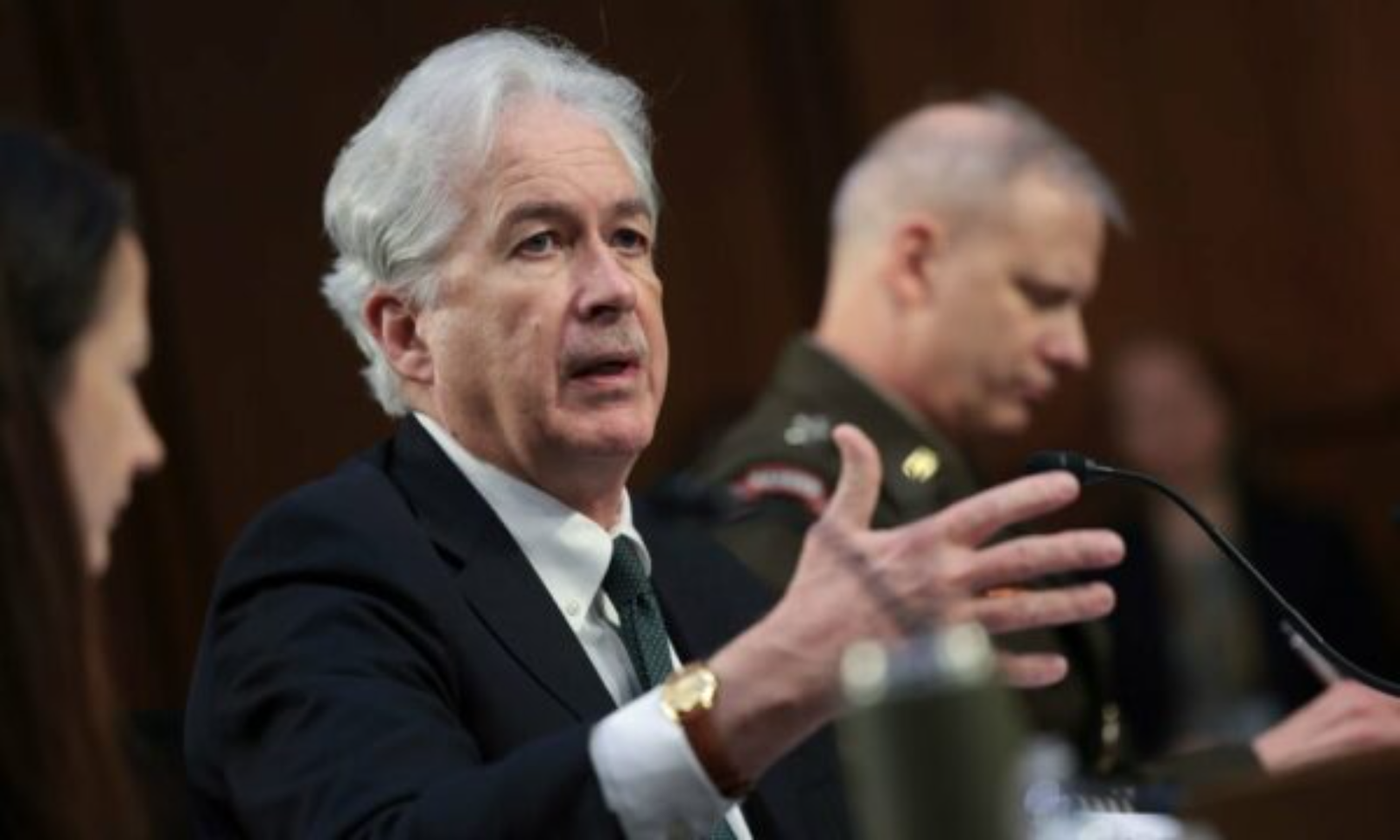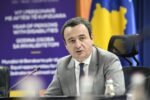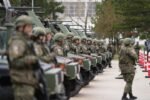Western leaders should not be alarmed by Kremlin threats of nuclear escalation, said the head of the CIA on Saturday, amid a debate over whether Anglo-French Storm Shadow missiles should be used inside Russia.
Bill Burns, during a visit to London with the head of MI6, stated that the US had dispelled a previous nuclear fear from Russia in the fall of 2022, demonstrating that threats from Moscow should not always be taken literally, The Guardian reports. “Putin is a bully. He will continue to threaten from time to time,” Burns said. “We cannot allow ourselves to be frightened by that saber-rattling… We need to be aware of it. The US has provided significant support to Ukraine, and I’m confident the president will consider other ways in which we can support them.”
The CIA director also mentioned that the US is working hard on new proposals for a ceasefire in Gaza with “new texts and creative formulas.” A new plan, being developed with the help of intermediaries from Qatar and Egypt, is expected to be released “in a few days,” he hopes.
However, Burns added that it is unclear whether Israeli Prime Minister Benjamin Netanyahu and Hamas chief Yahya Sinwar are willing to reach an agreement. It’s a matter of political will, he said: “Whether leaders on both sides understand that enough is enough and that it is time to finally make some hard choices.”
In Ukraine, the veteran intelligence chief was asked if there is much nervousness in Washington and other Western capitals about the risk of escalating the war by allowing Storm Shadow missiles, which have a range of at least 190 miles, to be used inside Russia.
“No one should take the risks of escalation lightly,” Burns told an audience at a Financial Times event in London – and noted that there was indeed confidence within the CIA that Russia might use tactical nuclear weapons on the battlefield in Ukraine during the first year of the war.
“There was a moment in the fall of 2022 when I think there was a real risk of possible use of tactical nuclear weapons,” Burns said, but he believes such concerns should not be taken too seriously. “I never thought we should be unnecessarily frightened by this,” he added.
At that time, Russian troops had been pushed back in northern Ukraine and had abandoned Kherson in the south, leading to a belief that Russia might seek to use a nuclear weapon if there was turmoil. In any case, the front line stabilized immediately afterward.
Burns said that President Joe Biden sent him to deliver a direct warning to Sergey Naryshkin, head of the Russian foreign intelligence service, in a meeting in Turkey in November 2022 “to make it very clear what the consequences of this kind of escalation would be.”
So far, the White House has been particularly hesitant about allowing the use of Storm Shadow and other long-range missiles inside Russia, such as US-made Atacms, despite repeated appeals from Ukrainian President Volodymyr Zelensky, including a recent one on Friday.
Burns expressed concern that Iran is considering supplying Russia with ballistic missiles but did not confirm whether the CIA believes it has done so. It would be a “dramatic escalation” in relations between the two countries; Tehran has so far only supplied Russia with less effective drones for use in Ukraine.
Burns and his British counterpart, MI6 chief Sir Richard Moore, had never appeared publicly together before the surprise appearance at the Financial Times event at Kenwood House in London’s Hampstead. Strict security meant that audience members were told only 15 minutes before who would appear.
Moore said there are concerns that Russian spies are becoming increasingly reckless in the UK, Europe, and elsewhere as the war in Ukraine continues. “I think Russian intelligence services have become a bit wild, honestly,” said the British intelligence chief.







